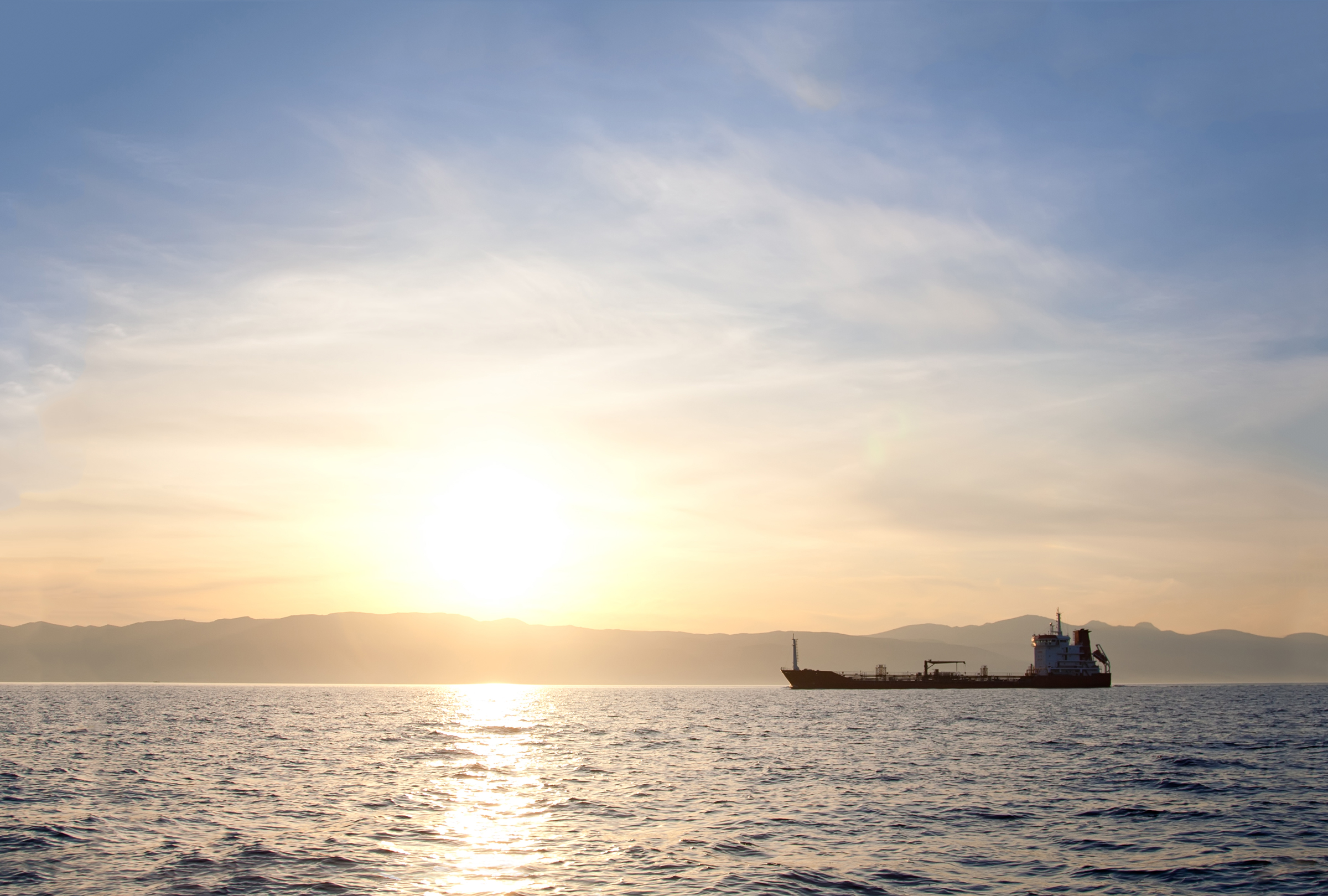When the New Jersey Department of Environmental Protection (“NJDEP”) filed six new lawsuits regarding hazardous substance discharges on the same day last August, NJDEP announced that environmental enforcement was “back in business” in New Jersey. In three of these six cases, NJDEP brought its first claims for natural resource damages (“NRD”) in ten years. NJDEP relied on both the Spill Compensation and Control Act (“Spill Act”) and common law theories of trespass, public nuisance, and, in one case, strict liability for abnormally dangerous activities, as the legal basis for its natural resource damages claims. However, the trial judge in the case involving the former Hess Port Reading refinery and terminal in Woodbridge (the “Port Reading Case”) quickly dismissed all of NJDEP’s common law claims for NRD. Although the Appellate Division currently is reviewing the dismissal, if upheld, this ruling could limit the types of damages recoverable by NJDEP and prevent the agency from putting its NRD cases before juries that presumably would be unsympathetic to the defendants NJDEP has targeted.
As noted above, in December 2018, Superior Court Judge Thomas McCloskey dismissed the common law counts of the Port Reading Case. (As of this writing, the defendants’ motions to dismiss the common law claims in NJDEP’s other two cases in this first wave of new NRD suits—the Pohatcong Valley Superfund Site in Warren County and the Duell Fuel site in Atlantic City—remain pending.) Judge McCloskey reasoned that NJDEP’s trespass claim failed because the State does not have exclusive possession of the allegedly injured groundwater, wetlands, and other natural resources. Exclusive possession of property is a fundamental prerequisite for a trespass claim at common law, but Judge McCloskey found that the State possesses only a public trust interest in its natural resources that is shared with its citizens. The court also dismissed NJDEP’s claim for monetary damages resulting from public nuisance based on a New Jersey Supreme Court ruling that a public entity only can seek an order forcing a party to stop a public nuisance, not money damages for the cost of abating the nuisance. Finally, not only did the court hold that storing and refining petroleum products is not an abnormally dangerous activity, but it also held that the Spill Act’s regime of strict, joint, and several liability for hazardous substance discharges “subsumes” NJDEP’s common law claim for strict liability for abnormally dangerous activities.
NJDEP’s interlocutory appeal of the dismissal of its common law claims is pending before the Appellate Division. In its brief filed on May 1st, NJDEP relies on a December 2018 decision permitting Rhode Island to bring trespass claims against oil companies for contamination of groundwater by the gasoline additive MTBE, despite that court’s acknowledgement that Rhode Island lacked the exclusive possessory property interest typically required for trespass claims. Rhode Island v. Atl. Richfield Co., 357 F. Supp. 3d 129 (D.R.I. 2018). But, as a defendant in the Duell Fuel NRD case pointed out to the trial court in that matter, Atlantic Richfield arguably is distinguishable because the Rhode Island court justified its departure from a traditional trespass analysis because of the “widespread” incidence of MTBE contamination throughout that state; in the Port Reading Case, by contrast, NJDEP seeks compensation for damages to natural resources at just one site. As an alternative to a trespass claim, NJDEP contends it should be permitted to amend its complaint to assert an apparently novel claim for a so-called “tortious interference with the public trust.” With respect to the public nuisance claim, NJDEP argues that public entities have been awarded costs of abatement incidental to injunctive relief in two prior cases and that the trial court prematurely dismissed the claim before a plan for abatement of the alleged injuries to natural resources could be developed in the litigation. NJDEP also argues that the Spill Act does not “subsume” the common law cause of action of strict liability for abnormally dangerous activities because the statute’s savings clause preserves existing common law remedies. N.J.S.A. 58:10-23.11v. Implicitly acknowledging binding precedent cited by the trial court holding that operating a petroleum facility (i.e., a gas station) is not abnormally dangerous, NJDEP characterized its complaint as claiming that the discharge of the hazardous substances is the abnormally dangerous activity. The defendants’ brief in response to these NJDEP arguments will be filed in June.
Given the sweeping authority possessed by NJDEP under the Spill Act to collect NRD, why should the fate of these ancillary common law claims matter? As evidenced by its taking an interlocutory appeal to preserve the common law claims, NJDEP believes they are significant, and its appellate brief signals its reasons. First, although it is well established that there is no right to a jury trial for Spill Act NRD claims, a jury typically would hear the common law tort claims that were dismissed in the Port Reading Case. (That being said, defendants in the Pohatcong Valley case have argued that NJDEP’s jury demand should be stricken regardless of the legal soundness of the common law claims because the equitable, non-jury Spill Act counts form the “core” of the controversy; their motion to strike is pending before the trial court in Warren County.) NJDEP surely would prefer to adjudicate its NRD cases before juries, which presumably would be more receptive than a judge to the state’s efforts to caricature defendants as remorseless corporate polluters. Second, no reported cases have decided whether Spill Act liability for NRD applies retroactively to discharges of hazardous substances that occurred before 1977, and, even if a court found that the Legislature intended it to be retroactive, that result could be subject to constitutional challenge. See NJDEP v. ExxonMobil Corp., 453 N.J. Super. 588, 645-48 (Law Div. 2015). There are no such retroactivity concerns for the venerable common law torts of trespass and nuisance, so, for example, NJDEP could assert common law claims against Hess for discharges at its Port Reading facility dating back to its opening in 1958, whereas NJDEP’s Spill Act claims for pre-1977 discharges rest on a shakier legal foundation. Finally, common law torts such as trespass permit NJDEP to assert a claim for punitive damages, which would increase NJDEP’s potential NRD claim substantially.
NJDEP’s aggressive litigation posture in the three NRD cases discussed in this article, and in yet other new NRD cases filed subsequently, means that this dispute over the soundness of common law NRD claims may be the first of several to reach the appellate level. If the dismissal of common law claims in the Port Reading Case is upheld, the parties in NJDEP’s crosshairs will have a somewhat stronger position when attempting to resolve New Jersey NRD claims.
For more information, please contact the author Michael Kettler at mkettler@riker.com or any attorney in our Environmental Practice Group.




